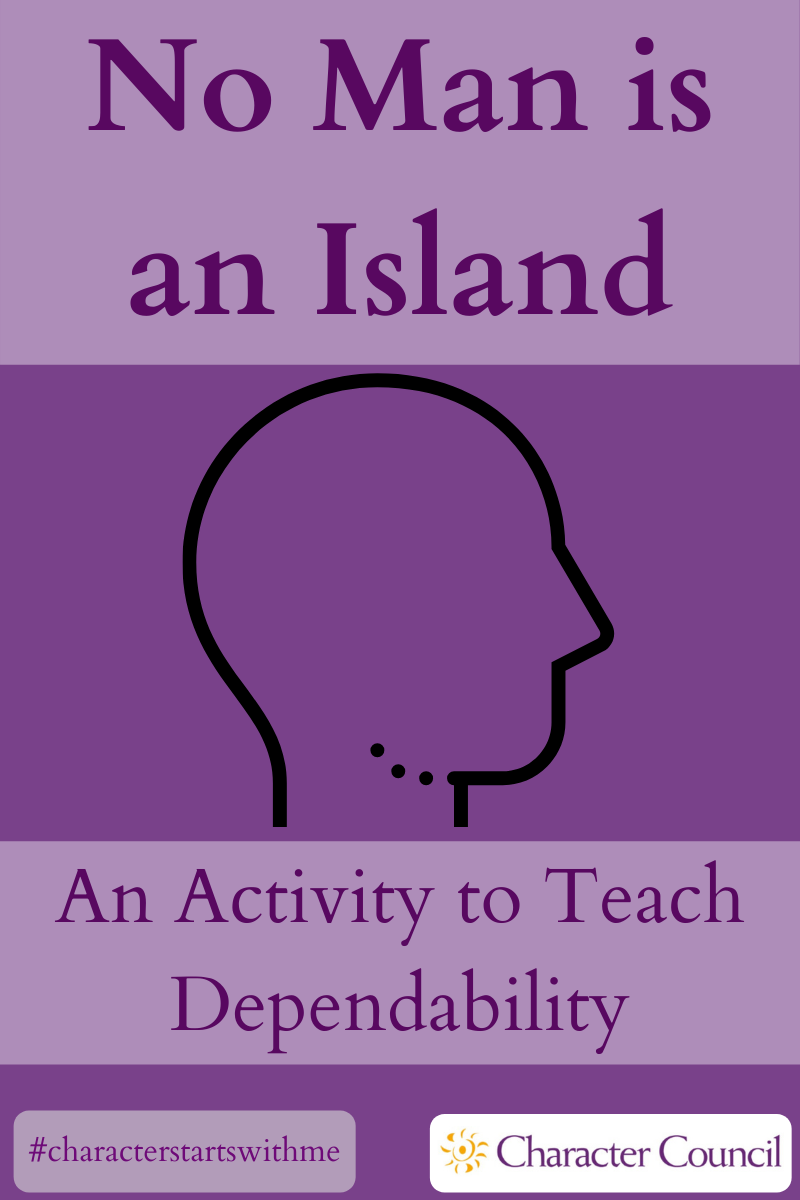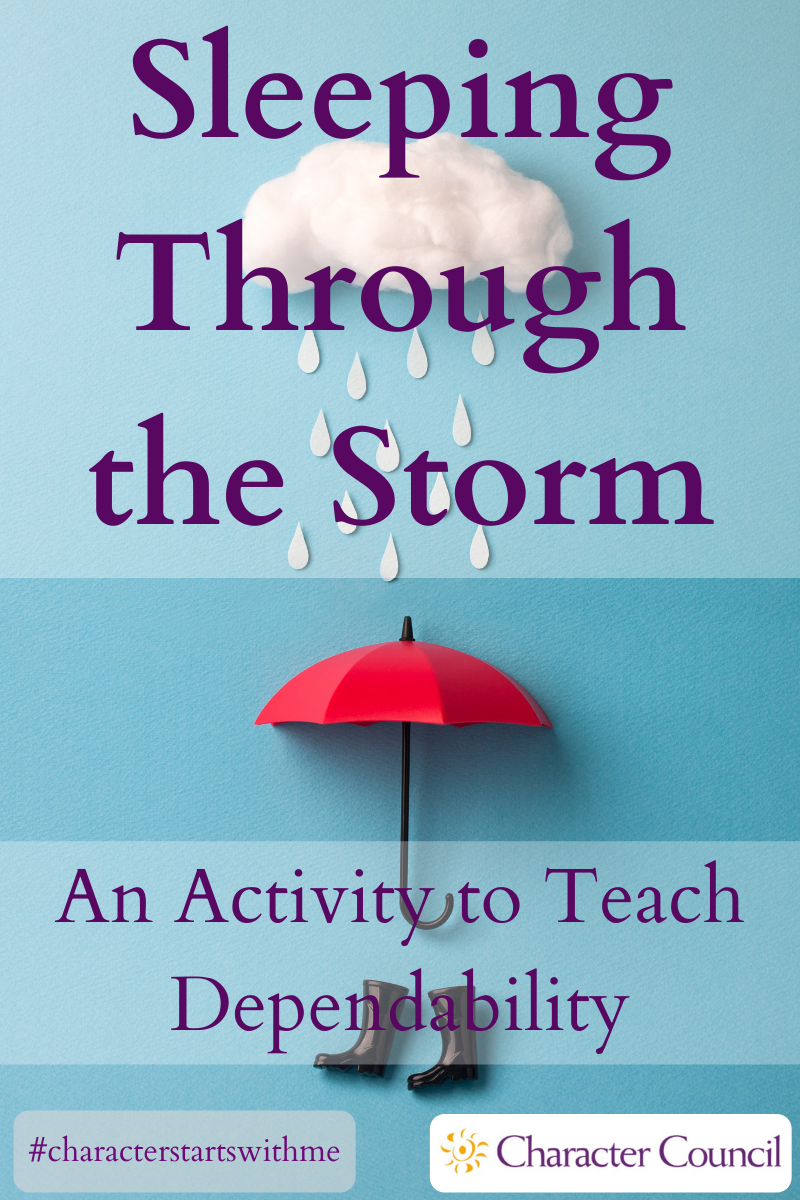
Dependability Activities
The activities here are fun ways to teach character. The game aspect makes the lesson more memorable. Each activity has processing questions at the end. Without processing the activity, the exercise is just a game. To make it a stronger lesson when you process it, relate the character quality to a core value that your organization promotes.
Consider picking a student to run the activity. You will need to give them time ahead of the activity to prepare. Another option is to pick a few students to run the activity for a younger classroom after you have run it for your class. Encourage your students to repeat it in the home for younger siblings or even parents.


Driving Blind
This activity needs an open space in which to play. The students should be paired up. One person in each pair is blindfolded. (Toilet paper wound around the head makes a good disposable blindfold.) This person is “the car”. The person who can see is “the driver”. The area should have some obstacles. Anything will do – even other students who stand still. Drivers should stand behind their car and grip the tops of their shoulders so that they can steer them. Cars should put their hands straight out in front of them as the bumper. The object of the game is to move around the area (define limits) and not run into anyone or anything. Declare a slow speed limit so that driving is not reckless or too fast. Allow them to drive for 1 – 3 minutes depending on the size of the area and the rowdy factor. Call an All Stop and have the car and driver reverse roles. (Note: regardless of the type of blindfold you use, you cannot reuse the blindfold as this can transmit eye infections.) Start the group again and allow them the same amount of time as before.
To process the activity, ask these or similar questions:
- Did you enjoy the game?
- Which role did you like better, car or driver?
- How did it feel to be dependent on someone else?
- How did it feel to have others dependent on you?
- Will you remember this game the next time you need to be dependable?

No Man is an Island
“No man is an island entire of itself; every man is a piece of the continent, a part of the main;” John Donne
Start the activity by writing or reciting the quote. Ask the class what it means. When the discussion is complete, distribute the downloadable worksheet or have them draw a simple outline of a head on their paper. On the inside, they should identify those people that depend on them. On the outside, write the people that they depend on. You may want to give them clues as to who they depend on. They can write a name or their job or role in the school or community.
For each of those whom they depend on, discuss what could happen if that person weren’t dependable. What would happen if the bus didn’t come every morning? Then turn it around and have them identify what would happen if they themselves were not dependable. What if they didn’t do the work for a group project for school?
To process the activity, ask these or similar questions:
- Was it hard to identify the people on the page?
- Were you surprised at the number of people on each list?
- Did you put your name on the outside list? How do you depend on you?
- Does seeing these lists make you want to be more dependable?

Click the link above and read the story to the class.
When finished, process the reading with these or similar questions:
- Did you understand the meaning of “I can sleep when the wind blows” when it was first said?
- How do you think the farmer and his wife felt toward the new farm hand after the storm?
- How do you think the farm hand felt when he woke up after the storm?
- As a student, how can you prepare for storms? (not waiting until the last minute to do chores or homework, stay focused on important things, ask for help when you need it, offer help when you can give it, learn from mistakes/storms how to better prepare the next time, looking ahead and anticipating problems.)